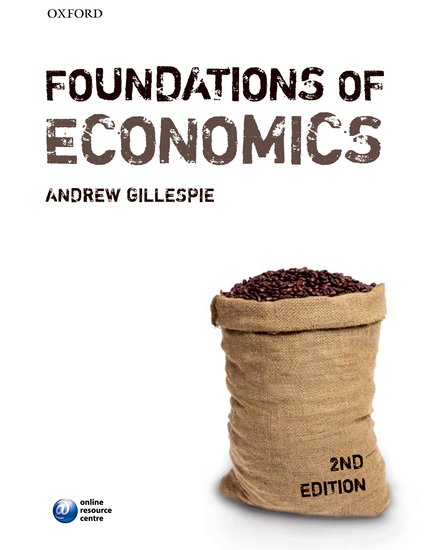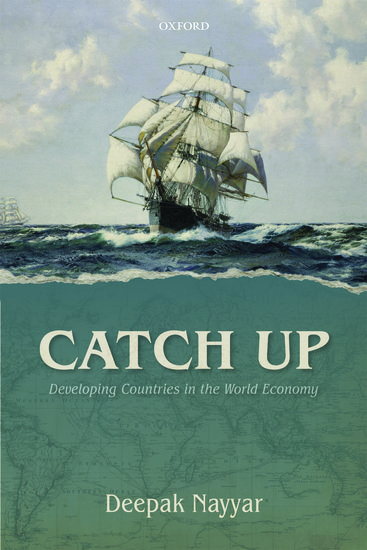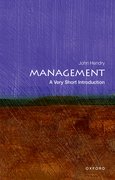Footloose jobs, rootless machines
By Ashok Bardhan
Five years after the onset of the global financial crisis and the recession that followed, jobless growth seems to be the buzz-phrase for describing the economic landscape today; and even that ambiguously happy phrase refers to those economies that are growing.






